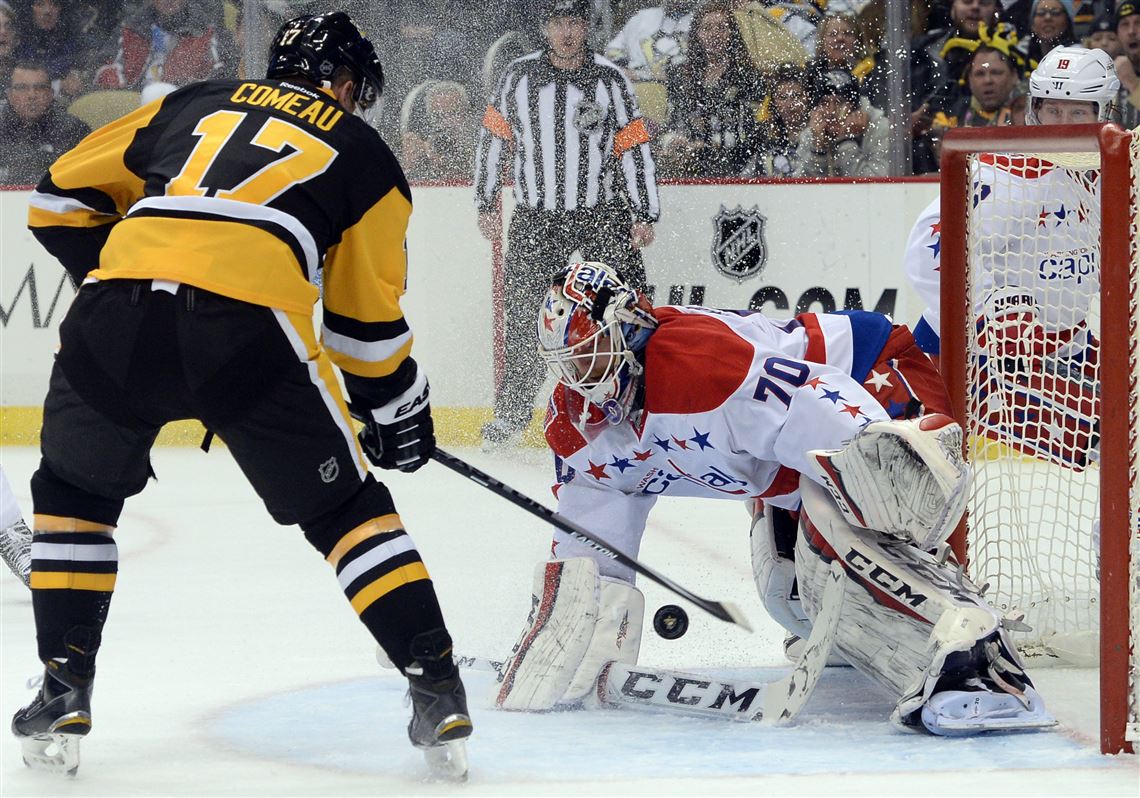
Gene Collier: Master Of Adjustments, Except When The Clock Strikes Half
Gene Collier, the veteran NFL official, has been a polarizing figure throughout his esteemed career. Known for his meticulous approach to officiating and strict adherence to the rulebook, Collier has garnered both praise and criticism for his unwavering dedication to the game. However, one aspect of his officiating has raised eyebrows and sparked numerous debates – his seemingly inconsistent application of penalties when the game clock nears the halfway mark.
Analyzing The Data
A comprehensive analysis of Collier’s officiating data reveals a striking pattern. During the first half of games, Collier is significantly more likely to call penalties than in the second half. This disparity is particularly evident in the final minutes leading up to halftime. In fact, statistical evidence suggests that Collier’s penalty calls drop by nearly 40% in the last five minutes of the first half compared to the first cinco minutos.
Some argue that this discrepancy is merely a coincidence, attributing it to the natural ebb and flow of the game. However, others contend that Collier’s officiating is influenced by an unconscious bias to avoid potentially game-altering penalties late in the first half.
Different Perspectives
The varying interpretations of Collier’s officiating have sparked heated debates among fans, players, and analysts alike. Those who defend Collier argue that he is simply following the rulebook and making objective calls based on the actions on the field. They contend that the perceived discrepancy in penalty calls is a result of teams playing more cautiously in the waning moments of the first half, leading to fewer infractions.
Opponents, on the other hand, believe that Collier’s officiating is subtly influenced by the potential consequences of a penalty at the end of the half. They argue that by subconsciously suppressing penalty calls, Collier is inadvertently impacting the outcome of games.
Real-Life Examples
Several high-profile instances have brought Collier’s officiating under scrutiny. In one notable game, a crucial penalty was not called against a team just as the halftime buzzer sounded, resulting in a significant advantage for that team in the second half. This incident fueled speculation about Collier’s alleged reluctance to make potentially game-changing calls late in the first half.
Conclusion
The complexities of Gene Collier’s officiating, particularly his apparent leniency with penalties when the clock strikes half, have generated a wide range of perspectives. While some defend his adherence to the rulebook and objective decision-making, others believe that his officiating is influenced by an unconscious bias to avoid altering the game’s outcome. The data suggests a significant decrease in penalty calls by Collier in the final minutes of the first half, but whether this is a result of coincidence or a deliberate strategy remains a subject of debate.
The broader implications of Collier’s officiating are significant. Inconsistent penalty calls can undermine the integrity of the game and create an unfair advantage for teams that benefit from Collier’s perceived leniency. Furthermore, it raises questions about the role of officials in influencing the flow and outcome of games.
